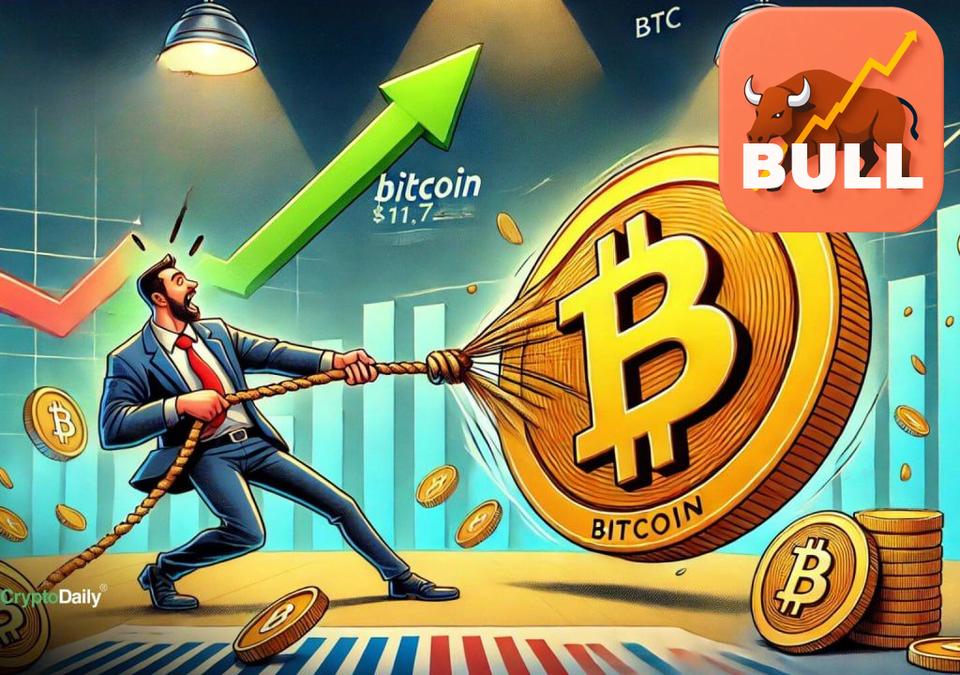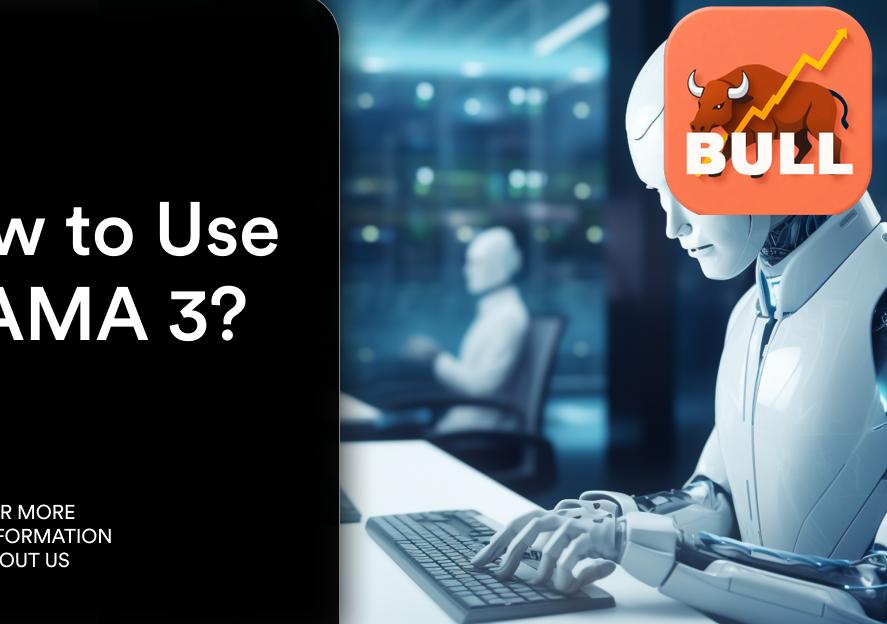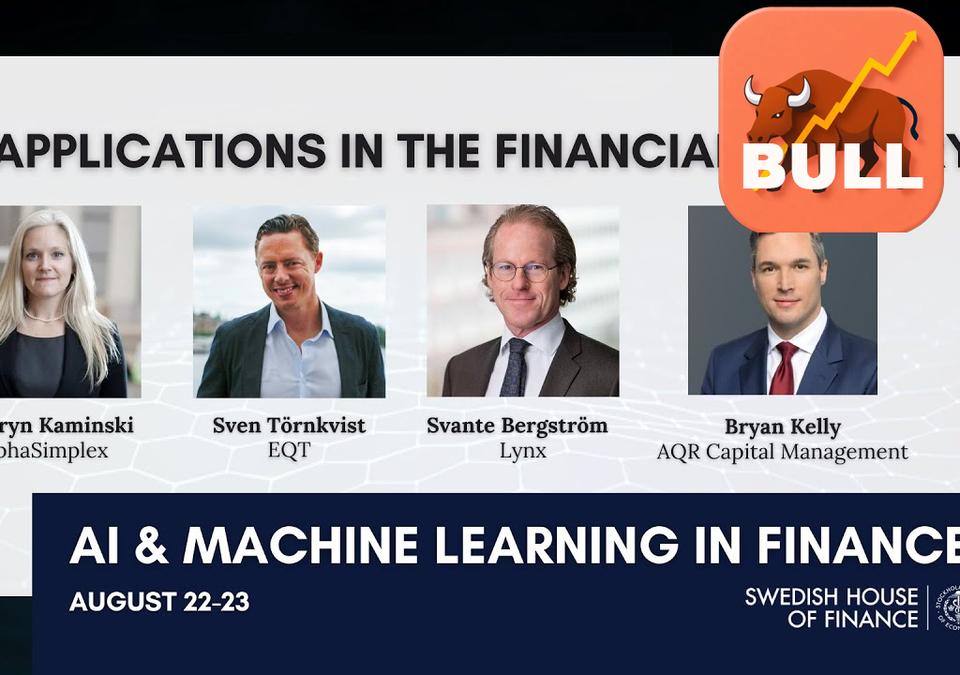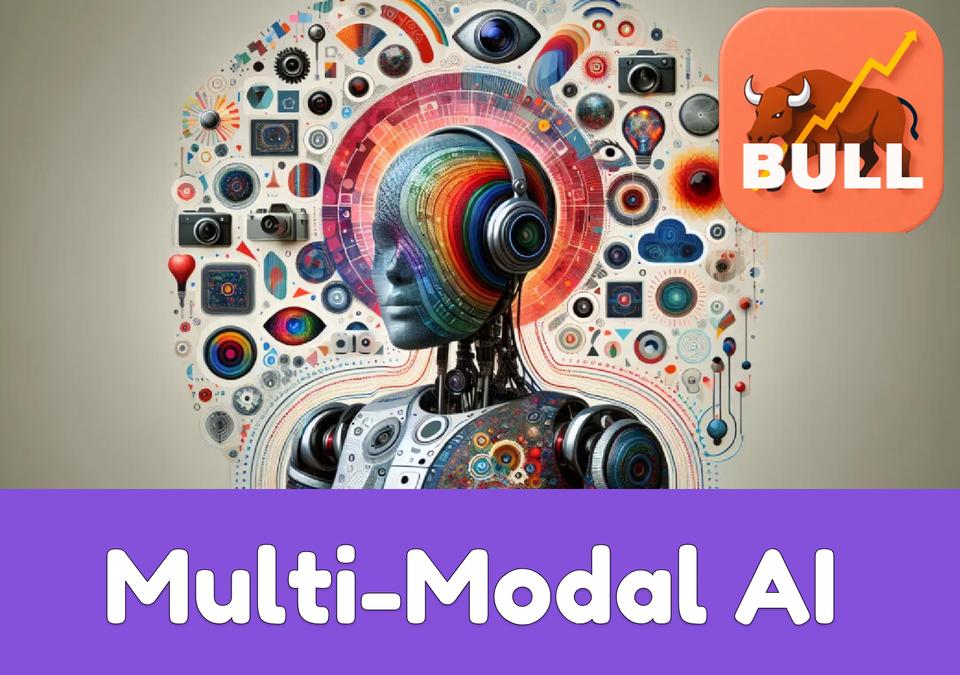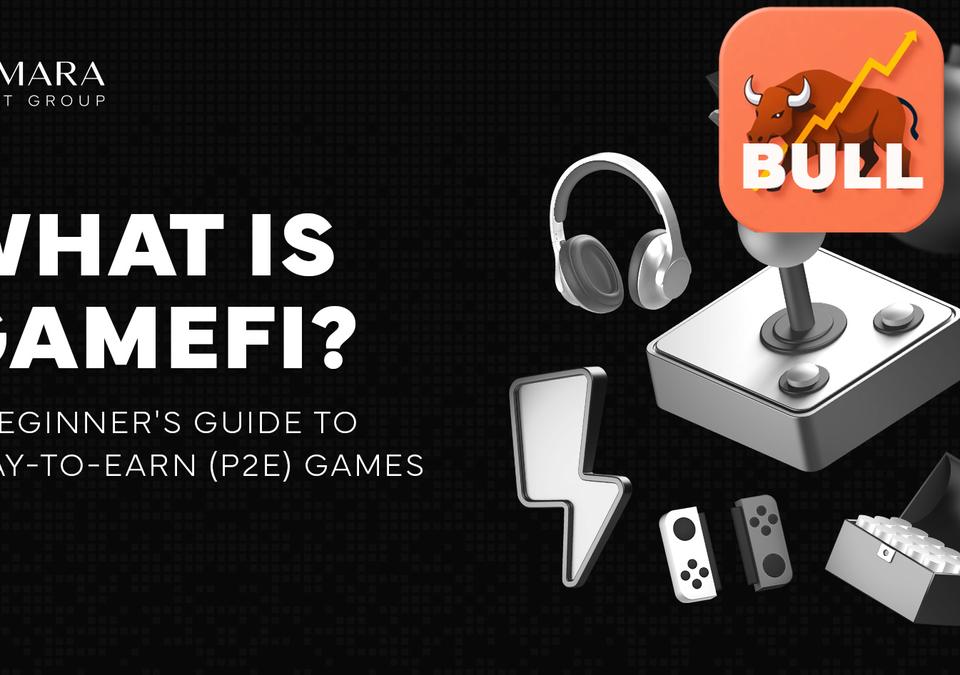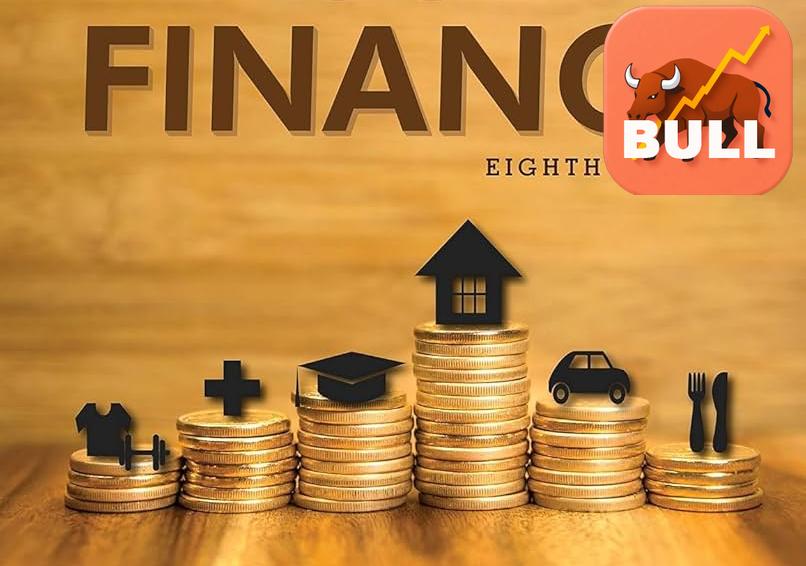the potential of oswal leasing limited (509099) stock in 2025 - Free Capital Growth Strategies
₹669
the potential of oswal leasing limited (509099) stock in 2025 ✌️【Career Goals】✌️ Free break-even services and stock analysis to help you recover quickly from losses and increase your chances of making profitable investments.
Product Description
the potential of oswal leasing limited (509099) stock in 2025 ✌️【Career Goals】✌️ Free break-even services and stock analysis to help you recover quickly from losses and increase your chances of making profitable investments.
the potential of oswal leasing limited (509099) stock in 2025 ✌️【Career Goals】✌️ Free break-even services and stock analysis to help you recover quickly from losses and increase your chances of making profitable investments. Conspiracy theories can take many forms, from misgivings about the first moon landing to false claims that the 2020 election was stolen. These kinds of beliefs are nothing new, but social media has helped make many of them more mainstream. As anyone whoâs tried to reason with a conspiracy theorist knows, itâs hard to debunk such deeply held beliefs â and arguing with a loved one about them can be emotionally taxing. What if an AI chatbot could help? A recentstudy, published inScience,asked that very question â and the results were surprising.Thomas Costello, an assistant professor of psychology at American University and co-author of the study, breaks down the findings.
